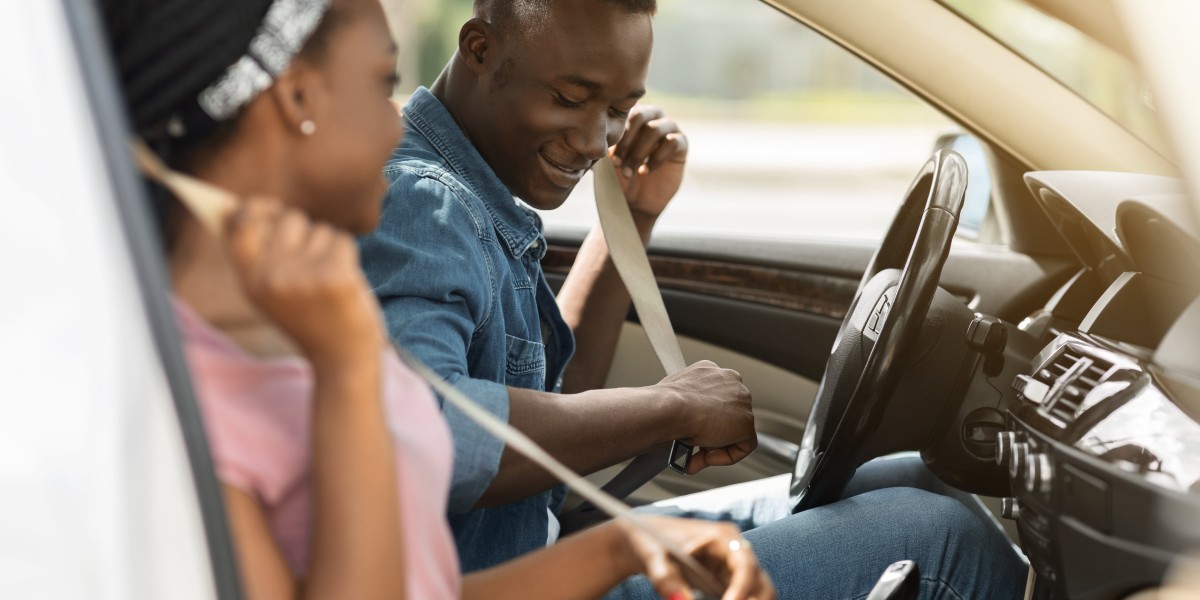A Comprehensive Guide to Obtaining a Driver's License
Obtaining a driver's license is a crucial milestone for lots of individuals, marking the shift into adulthood and independence. It is not just an essential step towards personal flexibility but likewise a means to facilitate movement for work, school, and leisure. This post supplies a helpful summary of the procedure associated with acquiring a driver's license, consisting of the requirements, steps to follow, and responses to frequently asked questions.
The Importance of a Driver's License
A driver's license serves several purposes, consisting of:
Proof of Identity: A driver's license is frequently regarded as among the most valid forms of identification.

Legal Authorization: It gives individuals consent to run a motor lorry, ensuring compliance with state and federal policies.
Insurance Necessity: Many automobile insurance coverage companies need drivers to have a valid license to acquire protection.
Convenience: A driver's license boosts mobility, allowing people to commute easily without depending on public transport.
Eligibility Requirements
Before embarking on the journey to obtain a driver's license, it is important to comprehend the eligibility criteria, which may vary somewhat from one state to another. Generally, the list below requirements are typical:
Age: Most states require applicants to be at least 16 years of ages to request buy a Driver license; git.starve.Space, learner's license, with complete licensing offered by age 18.
Residency: Applicants should be citizens of the state in which they are using.
Knowledge: Many states require potential drivers to pass a composed understanding test covering traffic rules and policies.
Vision: A vision test is usually mandated to make sure that applicants can see adequately to run a car securely.
Documentation: Applicants need to provide particular documents, such as evidence of identity, residency, and in some cases social security number.
Essential Documents to Prepare
To facilitate the application process, individuals need to collect the required files ahead of time. Typically required files consist of:
Proof of Identity: This might include a birth certificate, passport, or government-issued ID.
Evidence of Residency: An energy expense, lease agreement, or bank declaration may be adequate.
Social Security Number: It might be required to produce a Social Security card or a document revealing the number.
Adult Consent (if suitable): For candidates under 18, a parent or guardian's signature may be required.
Steps to Obtain a Driver's License
The process of acquiring a driver's license can be broken down into several essential actions:
Step 1: Obtain a Learner's Permit
- Prepare for and Take the Knowledge Test: Study your state's driver handbook to comprehend the guidelines of the road.
- Pass the Vision Exam: This ensures you fulfill the minimum vision standards.
- Total the Application Form: Fill out the essential documents either online or personally.
Action 2: Practice Driving
- Supervised Driving: Most states need new drivers to log a particular variety of hours driving with a licensed adult.
- Driving Skills: Focus on mastering important driving abilities, such as parallel parking, highway combining, and obeying traffic signals.
Action 3: Schedule a Driving Test
- Select a Testing Location: Locate a DMV or authorized screening center that offers useful driving tests.
- Get ready for the Test: Review the skills required for the driving test, which might consist of maneuvers, parallel parking, and security checks.
Step 4: Take the Driving Test
- Get here Early: Being prompt helps ease any pre-test tension.
- Bring Necessary Documentation: Present your learner's license and any needed documents.
- Follow Instructions: Listen carefully to the inspector's directions and demonstrate your driving skills confidently.
Step 5: Pay Fees and Receive Your License
- Upon passing the driving test, individuals will normally be needed to pay a licensing charge.
- In a lot of states, the main driver's license will be sent by mail or offered on the area.
Maintaining Your License
When a driver's license is acquired, it is crucial for brand-new drivers to comply with traffic laws and regulations consistently. Continued education and accountable driving practices will make sure a safe driving experience and may even cause a reduction in insurance premiums.
FAQs About Obtaining a Driver's License
1. What is the minimum age to get a learner's authorization?
The majority of states allow people to request a learner's permit at the age of 15 or 16, depending on specific state laws.
2. Can I acquire a driver's license without a student's license?
No, in many states, a student's authorization is a requirement for a full driver's license, enabling brand-new drivers to practice under guidance.
3. For how long is a driver's license valid?
Driver's licenses generally stay legitimate for 4 to 8 years, depending upon the state. Renewal procedures may vary.
4. What occurs if I stop working the driving test?
If you fail the driving test, you are typically permitted to reschedule for another effort after a predetermined waiting duration. Make sure to review feedback from the examiner to enhance your skills.
5. Do I require insurance coverage to get a driver's license?
While insurance is not always a requirement to acquire a license, it is obligatory to have car insurance before driving legally on public roads.
Getting a driver's license is a substantial accomplishment that includes a series of steps and compliance with state regulations. By understanding the requirements, preparing properly, and practicing responsibly, individuals can navigate the procedure efficiently and enjoy the newfound freedom that features being a licensed driver. Whether it is travelling to work or starting a journey, a driver's license opens doors to numerous chances and experiences.









